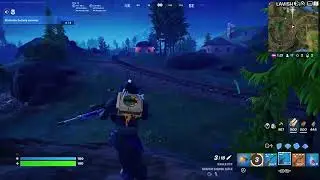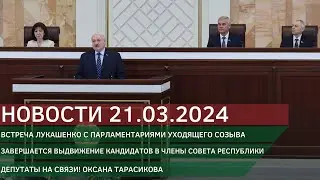Chelsea Hollow sings Prayers for Peace #3 by Myron Silberstein
Chelsea Hollow, soprano
Taylor Chan, piano
Myron Silberstein (b. 1974) Prayers for Peace
III. Śānti-Pāțha
World Premiere
Recorded on January 28, 2022 at Old First Concerts, 1751 Sacramento Street, San Francisco, CA 94109. For more information about upcoming concerts, please visit www.oldfirstconcerts.org
Myron Silberstein (b. 1974) Prayers for Peace
The murder of George Floyd added a new layer of hopelessness to a country that was already, in my opinion, irreparably damaged by reality-TV posturing having hijacked political debate and by COVID-19’s escalating victory over a population that values the freedom to cough on each other over the civic ethic that shrinks from killing each other. Hopeless as I felt, I also felt inadequate to the times; too frightened of both COVID- 19 and of police violence to join a protest and not in a financial position to give more than nominal support to organizations or political candidates that sought to promote changes I could not personally implement. I found the words of the Oseh Shalom, which I had not recited since my Bar Mitzvah, going through my mind. My setting of the Oseh Shalom came to me more quickly than any other song setting I had previously written. Soon afterward, I set the Śāntipāțha from the Yajurveda, then the apocryphal Prayer of St. Francis, and finally, I wrote a setting of the salutation As-salāmu ‘alaikum. These four prayers petition for peace in four subtly different ways: As-salāmu ‘alaikum expresses the desire that the Other—the person whom the speaker encounters—experience the deity’s peace and blessing. Oseh Shalom requests that the deity create peace not only in “the high places” but for us and throughout the community as well. The Śāntipāțha is a methodical, meditative acknowledgement of peace throughout the universe, from the heavens to the earth to the plants to the waters and even within peace itself; it then expresses the desire for the speaker to experience that very peace. The Prayer of St. Francis, which I chose to close the cycle, requests that the speaker be an instrument to make peace proliferate and to turn hate to love.Throughout my writing, I was painfully aware my setting of these prayers for peace is not a substitute for practical action. One of the things that horrifies me most about our current moment in history is our leaders’ preference for “thoughts and prayers” over legislation, the job they were ostensibly hired todo. If a deity does indeed exist, I doubt that it appreciates being asked to provide interventions that we could provide for ourselves.I have never been a victim of racial violence or of any other form of institutional oppression. How fatuous for a white guy working from home as the country self-destructs around him to “respond” via art-song settings of arcane texts. So all I can say is: my Prayers for Peace is something I felt an inner compulsion to write. Not so much in answer to the times but rather at a time when I did not feel drawn to any texts but these. I hope the cycle will speak to its listeners both now and at any other time that it may be heard. -Myron Silberstein







